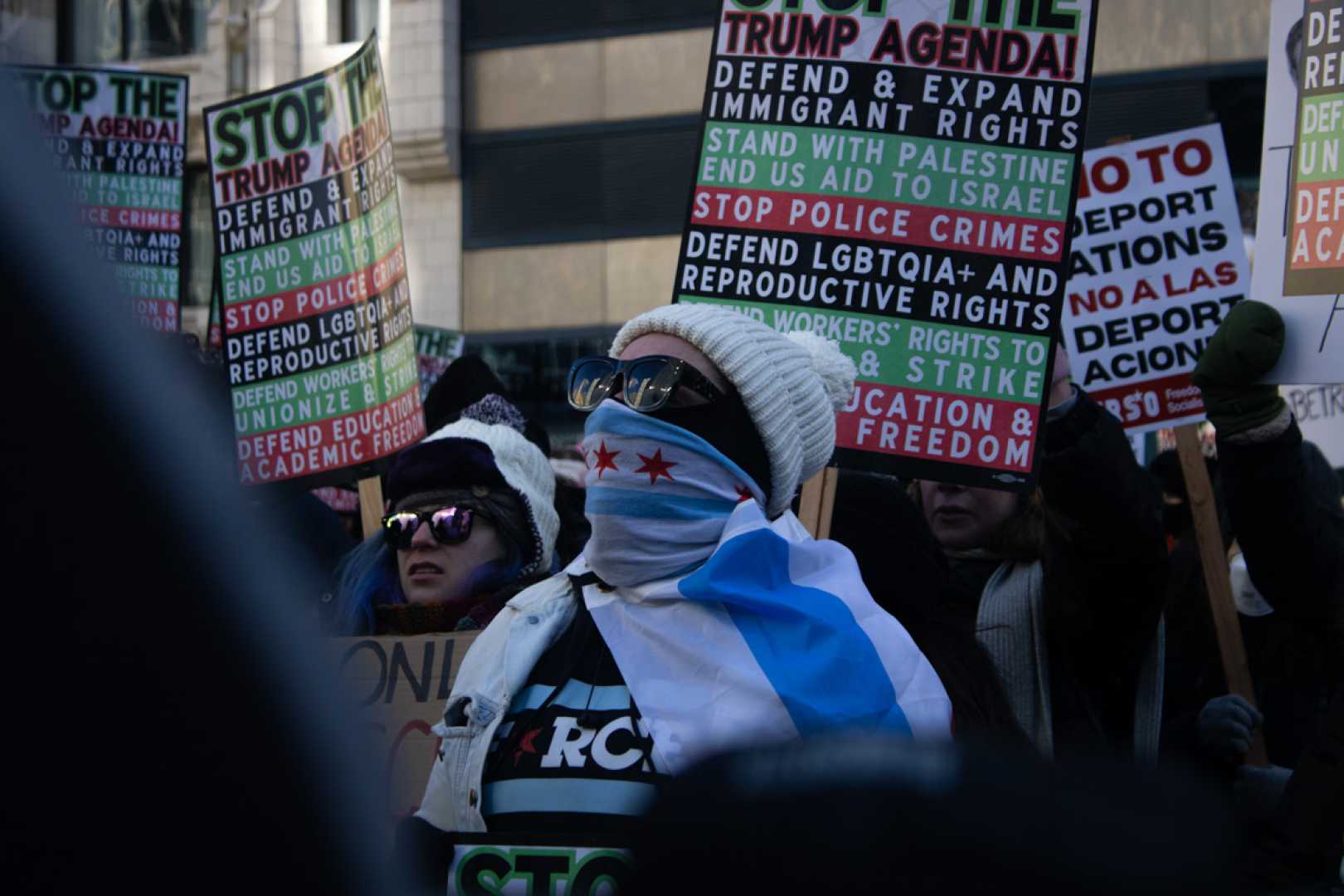News
ICE Raids Spark Fear in Chicago’s Little Village Amid Trump’s Immigration Crackdown

CHICAGO, Ill. — Two days after President Donald Trump signed executive orders targeting immigration enforcement, fears of large-scale Immigration and Customs Enforcement (ICE) raids have gripped Chicago‘s Little Village, a predominantly Latino community. While ICE officials describe the arrests as routine operations, residents and business owners are bracing for potential crackdowns.
According to a source familiar with ICE operations, 308 arrests were made nationwide on Wednesday, a figure slightly higher than the daily average of 282 arrests in September 2024. The source emphasized that the arrests targeted criminals but could not confirm whether non-criminal migrants were detained as collateral.
The Department of Homeland Security (DHS) announced Tuesday it would end a policy restricting ICE arrests at sensitive locations, such as schools, churches, and hospitals. This policy, established during the Obama administration and expanded under Biden, aimed to protect public safety. “Criminals will no longer be able to hide in America’s schools and churches to avoid arrest,” DHS stated.
In Chicago, the Rev. Beth Brown of Lincoln Park Presbyterian Church criticized the move, calling it “rhetoric designed to fear and terrorize people, especially immigrants.” She emphasized that ICE agents cannot enter church buildings without a signed judicial warrant.
DHS also reinstated the Migrant Protection Protocols, commonly known as the “Remain in Mexico” policy, requiring asylum-seekers to wait in Mexico for U.S. immigration court dates. Mexican President Claudia Sheinbaum clarified that Mexico would engage in future discussions with U.S. agencies but emphasized the country’s independent migratory policies.
In Little Village, a bustling retail corridor known as the “Mexico of the Midwest,” businesses have seen a sharp decline in foot traffic. Jennifer Aguilar, executive director of the Little Village Chamber of Commerce, reported significantly fewer customers over the weekend. “It makes it really difficult to stay afloat,” she said, noting the community generates $900 million in annual revenue.
Michael Rodriguez, alderman for the 22nd ward, attributed the decline to widespread fear of ICE raids. “The fear is palpable,” he said. “People are scared that ICE agents will show up at their doorsteps, workplaces, or places of worship.”
Despite the anxiety, community activist Leo Pargo reported no signs of ICE activity during patrols in Little Village and Pilsen. Meanwhile, Chicago Mayor Brandon Johnson reaffirmed the city’s commitment to protecting immigrants, citing the 2017 Illinois Trust Act, which limits local law enforcement cooperation with federal immigration authorities.
As the Trump administration deploys 1,500 additional troops to the southern border, the future of immigration enforcement remains uncertain. With Congress yet to approve funding for mass deportations, the impact of Trump’s policies on sanctuary cities like Chicago will unfold in the coming weeks.












